By Otomewo Oritsejolomi Joshua
In 2018 King of Boys was released to critical acclaim from fans worldwide. The movie followed the story of Eniola Salami, a business woman and philanthropist with a checkered past and a bright political future. Tickets to screenings were quickly sold out and the cinema halls were filled for months after it’s release with eager viewers glued to their seats for the almost three hours the movie lasted. It broke all box office records and was the highest grossing Nollywood movie of all time till 2021 when it was displaced by Omo Ghetto. On August 27, 2021 three years after it’s blockbuster debut the sequel a seven- part series was released on Netflix.
The sequel begins with the triumphant return of protagonist Eniola Salami to Nigeria after a five year stint in exile and her announcement that she would run for the governorship of Lagos state. And her struggle to win the election against her many adversaries is the central theme around which the series revolves.
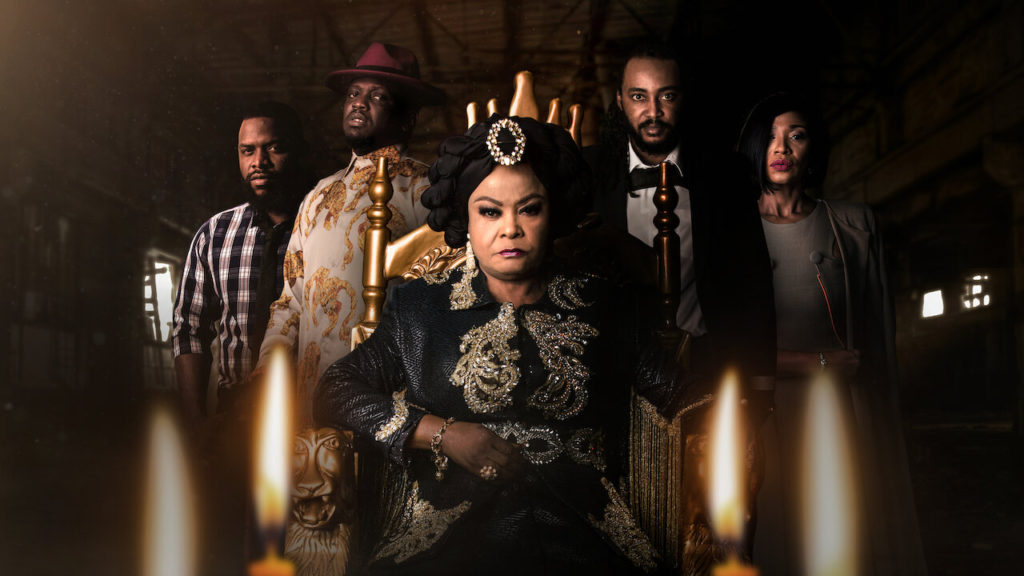
Initially Eniola is conflicted as to whether to seek divine redemption or to continue in her dark ways but spurred on by the voice of her younger self she continues in her ways. She eagerly throws herself into the intricate world of Nigerian politics while trying to reclaim the leadership of the council of elders, the underworld group she led before going into exile.
Eniola tries to thwart her political opponents, the Randles (current first family of Lagos) played by Nse Ikpe Etim and Lord Frank by securing the endorsement of popular religious leader Rev Ifeanyi played by Richard Mofe Damijo. And she also tries to get herself on the ticket of the president’s party while fending off the attacks of Dapo Banjo a dogged reporter bent on uncovering the secret surrounding her return from exile and her relationship with the president. Her plans are initially threatened by the return of Makanaki (Reminisce) who promises to exert revenge for her betrayal but she makes a deal with him which sees him ascend to the leadership of the council of elders after Eniola wins the election.
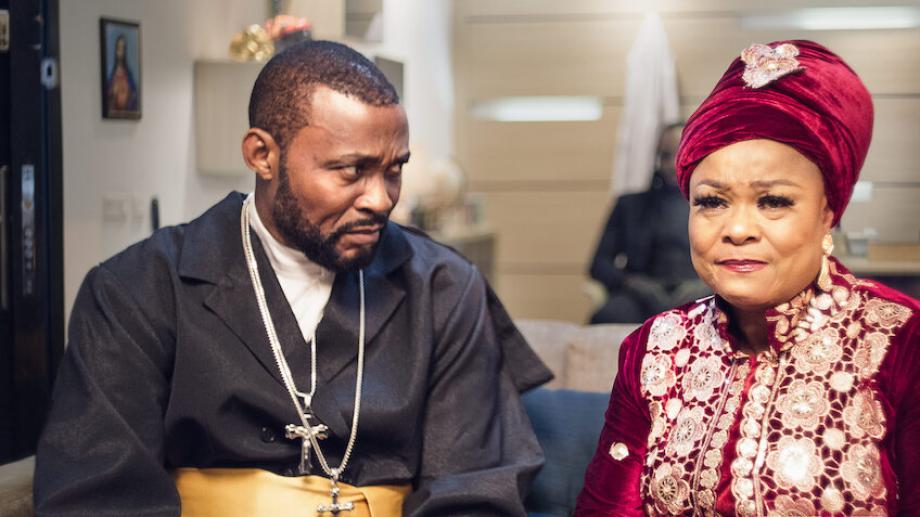
The sinister side of politics in Nigeria is a major theme in the series, from the shady backroom deals that characterise the selection of party candidates, to the lengths people go to win elections, and how deep corruption has eaten into the fabric of society. Also loyalty is a recurring topic – would the elders of the table remain with Eniola or pledge their loyalty to Odudubariba? At the end it seems that Ade Tiger would betray Eniola for a seat at the council table but he reaffirms his loyalty to her.
The overall production of the movie was a hit. The electrifying embodiment of Eniola Salami by Sola Sobowale with all the accompanying emotions of anger, pain, excitement, unwittingly makes you fall in love with the criminal gang boss and you find yourself rooting for her. The costumes helped with the overall development and credibility of the story. The brightly coloured outfits of Eniola that made her more appealing to the audience contrasted nicely with the darker outfits of Odudubariba (Charly Boy).
Absolutely splendid and remarkable; the scripts, dialogue, the excellent use of language and proverbs, the costumes and cinematography all combined well to deliver a masterpiece. Leaving one question in the minds of viewers, is this the end?
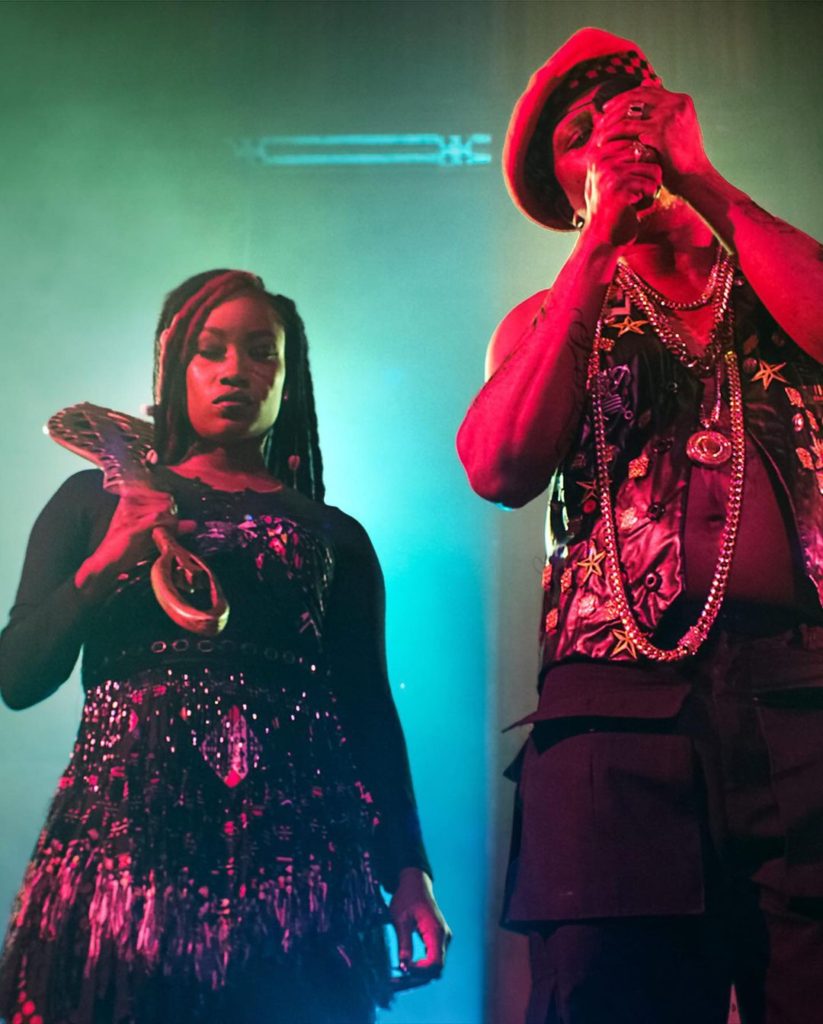

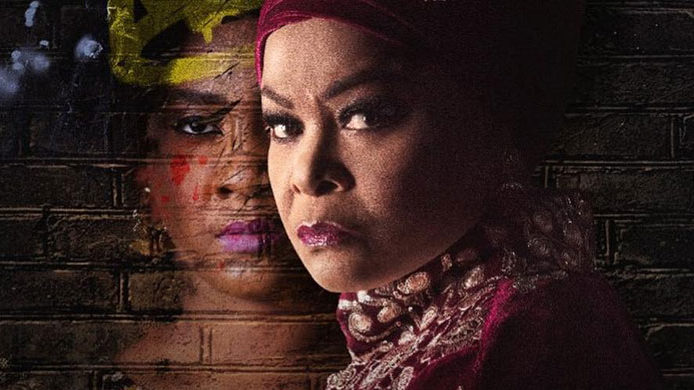




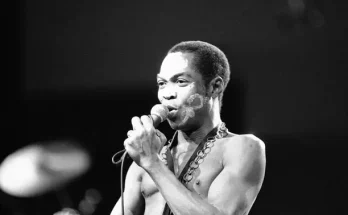


Me Likeyy
You’ve given me motivation to watch the sequel.
I saw the trailer and I was like damnn.
The actors sure know their craft and I’m excited about the new addition to the cast, Nse-Ikpe Etim and Mofe Damijo have my heart.
Good job here, Jolomi
Nice write-up Jolomi, I love the clear analysation of each character and the role they had to play as well as the comparison of the theme to that of what presently goes on in Nigeria. I love how the movie shows the evolution that Nollywood has undergone in their movie production and the industry at large.